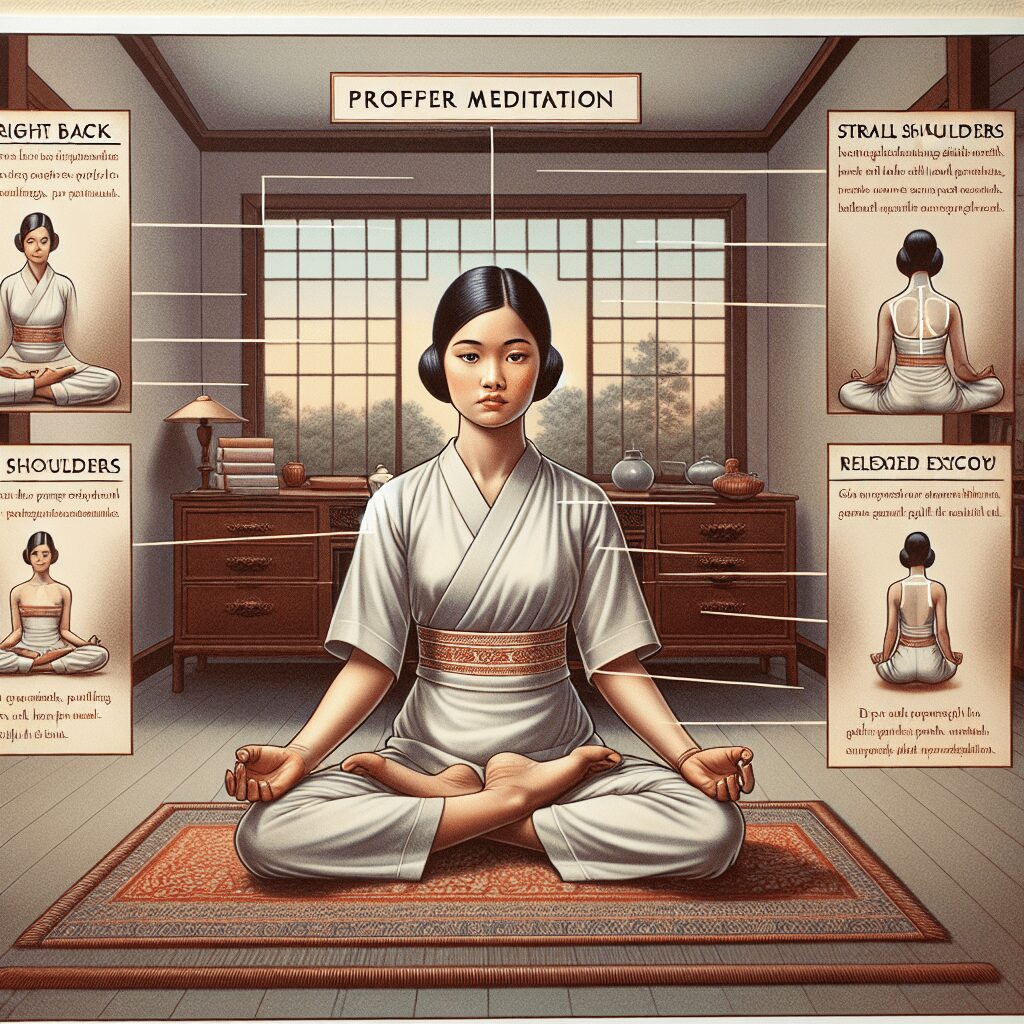
Prioritize your mental well-being daily. Enhance your life by nurturing your mental health with the Smart Meditation app. Break free from stress, alleviate anxiety, and enhance your sleep quality starting today.
Can Caffeine Cause Anxiety?
The Buzz Behind Caffeine and Anxiety
Caffeine, that trusty sidekick many of us swear by to kickstart our day, has a bit of a dual personality. Known for its ability to boost energy, improve focus, and even stave off feelings of fatigue, this popular stimulant found in coffee, tea, energy drinks, and chocolate, has nestled itself into the routines of countless individuals worldwide. However, while it perks up millions, it also has a shadow side, stirring up whispers and concerns regarding its potential link to anxiety. So, can caffeine really flick the anxiety switch on? Let’s dive in, beans first.
Caffeine: The Good, The Bad, and The Jittery
To understand the relationship between caffeine and anxiety, it’s crucial to get under the hood of how caffeine operates. When it enters the body, caffeine blocks the neurotransmitter adenosine, responsible for promoting sleep and relaxation, essentially putting a pause on the body’s natural wind-down process. It also ramps up the production of adrenaline — the “fight or flight” hormone — and increases dopamine levels, thus elevating mood but also potentially leading to increased heart rate and blood pressure.
So, Here’s the Skinny:
-
Threshold Matters: The effects of caffeine can vary tremendously depending on an individual’s sensitivity and tolerance. What’s merely a morning pick-me-up for one might be the express lane to jittery tremors and racing thoughts for another.
-
Dose Plays a Role: Keep in mind that a small amount might not ruffle feathers, but guzzling down caffeine-laden beverages can amplify anxiety symptoms. Studies suggest that moderate doses (up to about 400 milligrams per day for most adults) are generally considered safe; however, crossing this threshold can potentially lead to trouble in paradise, especially for those with pre-existing anxiety disorders.
-
Catch-22: Here’s where it gets dicey. While caffeine can mimic symptoms of anxiety (think rapid heartbeat, nervousness, and feelings of restlessness), for some, these effects are momentary and manageable. For others, especially those already grappling with anxiety, this can mean fanning the flames.
Navigating the Caffeinated Waters
Now that we’ve percolated through the why’s and the how’s, it’s clear that while caffeine isn’t the bad guy in a trench coat, it does deserve a look-over from those wrestling with anxiety. Here are a couple of joe-schmoe tips for managing your caffeine intake:
-
Know Your Limits: Keep tabs on how much caffeine you’re consuming and observe how your body and mind react. This isn’t a one-size-fits-all; it’s about fine-tuning to your personal caffeine symphony.
-
Quality Over Quantity: Opt for smaller amounts of premium, less-processed caffeine sources. Sometimes, a lesser dose from a high-quality source does the trick without the side effects.
-
Mind the Clock: Timing is everything. Sipping on caffeine late in the day can interfere with sleep, and poor sleep can amplify anxiety symptoms. Aim to cut off caffeine intake by early afternoon to ensure it doesn’t mess with your slumber.
-
Alternative Highs: If you find caffeine is not your cup of tea, explore other energy-boosting alternatives like herbal teas, adaptogens, or a brisk walk in the great outdoors.
Wrapping It Up with a Bow
Caffeine, for all its popularity and perks, can indeed lead to increased anxiety in some individuals, shining a spotlight on the importance of understanding and listening to one’s own body. Moderation, mindfulness, and making informed choices about when and how much caffeine to consume can help keep the relationship with your beloved brew a harmonious one. Remember, it’s about finding what works for you — keeping you in the zone, without tipping you over the edge.




